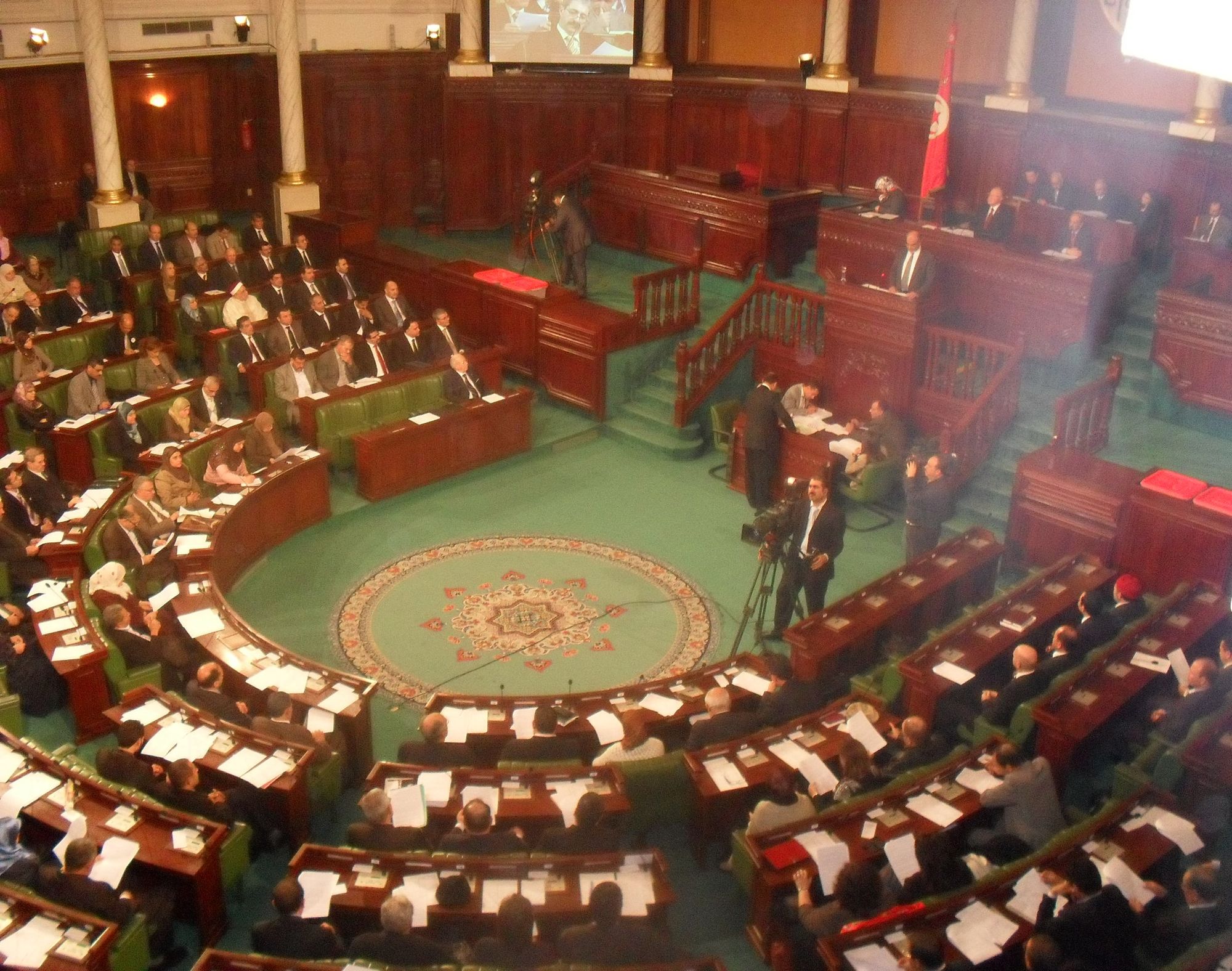It’s no longer accurate to say that Tunisia’s fledgling democracy is deteriorating. Indeed, the best way to capture the situation in the small North African nation might be to say that authoritarianism is consolidating. Democracy is not hanging by a thread, it’s on the outs. Moreover, thanks to a series of delayed responses to President Kais Saied’s seizure of power last summer, there is, as is so often the case when it comes to democratic collapse, a quickly narrowing window of opportunity to reverse the situation.
In recent days, Saied has taken new steps to assert his authority over the judiciary. Last week, he abolished the independent Supreme Judicial Council—which oversees judicial activity—and yesterday established a new one subject to his own authority. In addition, he endowed himself (by decree) with the power to fire judges for “failing to do [their] professional duties.”
While the Tunisian judiciary has been weak since the establishment of its democracy in the early 2010s Saied’s word has effectively become the law. After his dissolution of Parliament last summer (first temporarily and then indefinitely), the appointment of a rubber stamp cabinet, and with the apparent loyalty of Tunisian security forces, there are few centers of power in Tunisian politics and society that can meaningfully resist Saied.
Tunisian citizens, organized by opposition political parties, have taken to the streets to protest Saied’s moves, but it’s far from clear that they will be able to effect much change. Indeed, such resistance is well behind the curve. In fact, Saied was initially met with support from the public and some political parties when he launched his self-coup, due to widespread economic suffering and an impression that the parliament had failed Tunisia. As Philip noted in his most recent Focus, those kinds of failures are almost as a rule necessary preconditions for calls for some kind of Caesarian figure to step in and set things right.
The now dissatisfied political parties, however, are still unable to coordinate their opposition. The collective action problems hindering an effective response are hardly unique to Tunisia. It’s very difficult for political factions to put aside their differences and unite against a common foe, especially if—as is often the case—those factions share some responsibility, either through action or inaction, for the emergence of that foe in the first place.
The combination of Saied’s moves and the lackadaisical response means that the window for any kind of reversal is rapidly closing. One of the few democratic success stories of the past decade is coming to a tragic end. As often happens, those who shortsightedly celebrated are now realizing the gravity of the situation—and their powerlessness—all too late.
Subscribe to SpectaclesMake sure to check out our prior coverage of the democratic breakdown in Tunisia:






Comments
Join the conversation